

The growth of the independent video games market has led to a number of creators stepping away from the AAA development model. Sometimes, this can happen in-house, with publisher Ubisoft allowing its developers to work on personal projects such as Grow Home and Child of Light, and Obsidian taking a trip back to its RPG roots with the fantastic Pillars of Eternity. Other times, developers have stepped away from larger companies to form their own studios and gain more creative freedom.
This was certainly the case with Canadian developer PixelNAUTS. The studio has been formed by a number of industry veterans with experience working on the likes of Too Human and Darksiders, before making the choice to have more leeway with their own projects. Now, PixelNAUTS is set to release its first independent game, the fast-paced ‘dodge ’em up’ Lost Orbit.
Lost Orbit takes players into the far reaches of space, and into the role of Harrison, a lowly maintenance worker. Harrison gets stranded when his ship is destroyed, and faces the daunting task of returning home through four different star systems. With the assistance of a droid array named Attlee, players must move at high speeds through dangerous space debris in a race to get back to safety.
Indeed, velocity is the name of the game in Lost Orbit, and the game tasks players with some seriously challenging, twitch-based gameplay. Gamers will have to duck and dive between asteroids, avoid dangerous lasers and cannons, and throw off the clutches of leech-like creatures living in the void of space. Lost Orbit requires some serious precision and concentration, and one bad move will seal Harrison’s fate.
Let this serve as a warning: Lost Orbit is tough. There are no second chances, and hitting one of the many blocks in Harrison’s path will lead to a bone-crunching end. The astronaut can get sliced, crushed, and burned, and any failure on the player’s part will result in them being unceremoniously dumped at the most recent checkpoint.
Thankfully, the title manages to steer clear of one of the biggest traps a one-kit kill game can fall into, by avoiding getting bogged down in player frustration. Lost Orbit may be difficult, but players will be able to instantly restart after each death, throwing Harrison right back into the fray. Much like other titles based on difficulty, such as cult indie hit Super Meat Boy, this lack of wait time between deaths alleviates any burnout a player may feel.
PixelNAUTS has clearly put a lot of work into making Lost Orbit’s difficulty as user-friendly as possible. Each of the courses is short, with fairly regular checkpoints, leading to a lack of forced repeated gameplay. Unfortunately, some players may feel disappointed in the overall length of the campaign, as Lost Orbit is a little on the short side, with a particularly abrupt final chapter.
Thankfully, there is a level of replayability in place. The completion of each course rewards players with a rank based on factors such as the number of deaths and time of completion, with platinum the highest prize available. Meanwhile, PixelNAUTS has a Time Trial mode in place for each of the game’s maps, adding a level of competition to the single player game, and the developer has certainly positioned Lost Orbit as the speed-runner’s dream.
The title is clearly built for high speed, but players thankfully have a number of environmental elements to help them reach the quickest times. Harrison can jump through worm holes, orbit planetoids for boosts, and come to quick-stops in liquid giants for rapid direction changes. There are plenty of factors in play, but thankfully PixelNAUTS gradually integrates these different mechanics over the course of the campaign.
The player can also upgrade Harrison himself, by collecting the mysterious ‘obtainium’ mineral scattered around the game’s courses. The mineral can be traded for upgrades to the astronaut’s defense, allowing for reverse thrusters and bombs to destroy asteroids, as well as upgrading his suit’s boosters and allowing for more evasive maneuvers to take place. By the end of the campaign, players will be adept at using a fully-upgraded Harrison through complex levels of wormholes and speed jumps, resulting in a Crypt of the NecroDancer-esque high when the player has the game’s flow nailed down.
At its heart, Lost Orbit may be a speed-run focused dodge ’em up, but PixelNAUTS has managed to give the title some level of character and plot depth. Although the story itself, about an everyman stranded in deep space searching for a way home, is nothing particularly new, Lost Orbit manages to tell this tale in a nuanced and original way. Harrison’s adventure is told entirely through the narration of his saviour and companion, a droid named Attlee.
The end result is a compelling and moving story, with the player kept an arm’s length away from direct contact to Harrison’s emotions. Instead, gamers witness the budding friendship between the sole living survivor and his robot companion, as they traverse strange new systems on their way to Harrison’s home. With the overarching story never explicitly explained, players are instead given hints to the larger plot, all the while focusing on the heartwarming relationship between the two characters.
This warmth continues into Lost Orbit’s graphical style. The PixelNAUTS title is full of color, with each of the four systems given its own theme and unique feel. Fans of the Borderlands series will feel at home as well, with a familiar cel shaded style. The design choice helps make Lost Orbit stand out, making the title all-the-more immersive, with Giancarlo Feltrin’s fantastic score fitting the mood of each system perfectly.
Although the graphics are eye-catching, it is perhaps the game’s simplicity that helps make Lost Orbit all-the-more effective, as the lack of complicated models makes it easy to pinpoint both dangers and useful environmental mechanics. The simple graphical choices makw it even more of a shame that here is no Vita release planned at the moment. Lost Orbit is currently only being released for PS4, PC, Mac, and Linux, yet the fast-paced gameplay and short levels make the title seemingly ideal for the handheld market.
That is, of course, a minor criticism, and it shows just how effective a title PixelNAUTS has created. Lost Orbit is a highly addictive, free-flowing gem that manages to toe that marginal line between challenge and frustration. The game may prove too short for some, but Lost Orbit is nonetheless a worthwhile addition to a speed-run aficionado’s game collection.
Lost Orbit will be released on 12 May 2015 for PS4, PC, Mac, and Linux. Game Rant was provided with a PC code for this review.
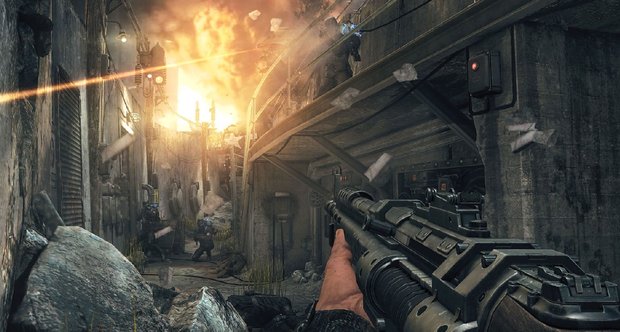
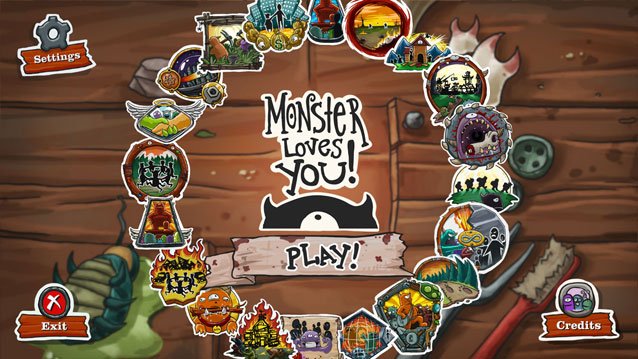


 How Procrastination Changed the World
How Procrastination Changed the World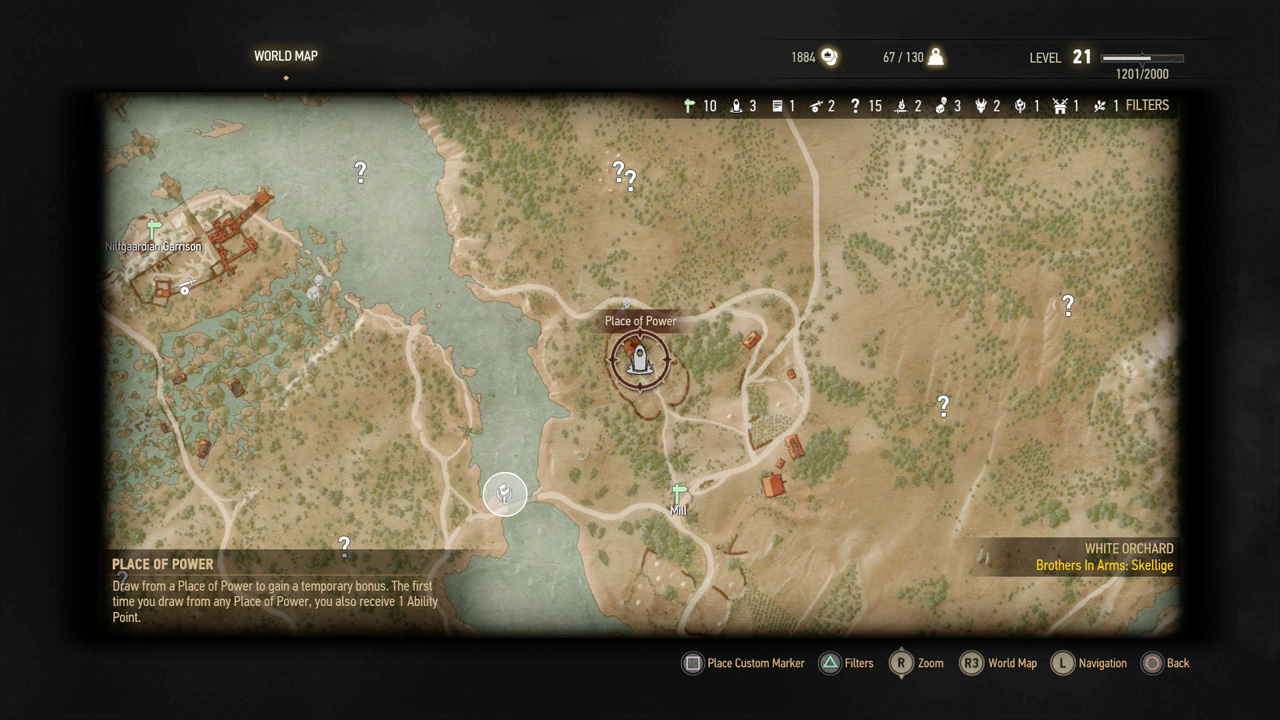 The Witcher 3: The Wild Hunt - Find all Places of Power, Power Overwhelming Trophy
The Witcher 3: The Wild Hunt - Find all Places of Power, Power Overwhelming Trophy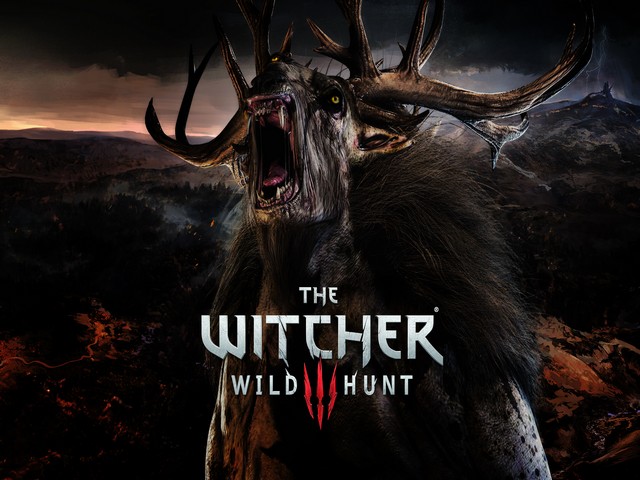 The Witcher 3: Wild Hunt Monster Tactics Guide
The Witcher 3: Wild Hunt Monster Tactics Guide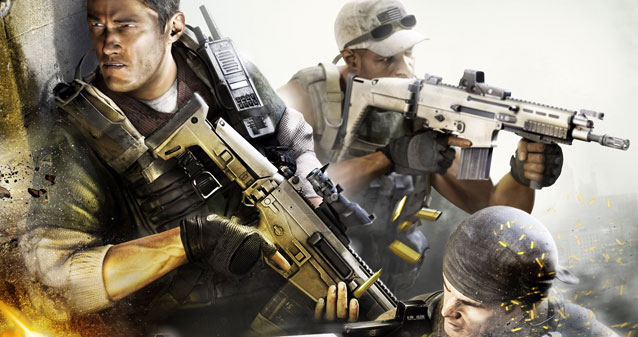 SOCOM 4 Review Round-Up: SOCOM 4 is Lacklustre, Found Wanting
SOCOM 4 Review Round-Up: SOCOM 4 is Lacklustre, Found Wanting The Prides share Higher Lover lyric video
The Prides share Higher Lover lyric video